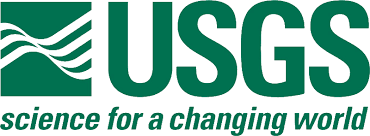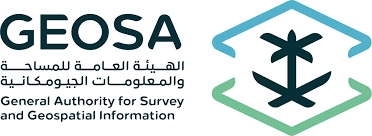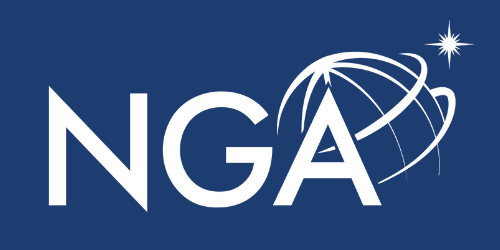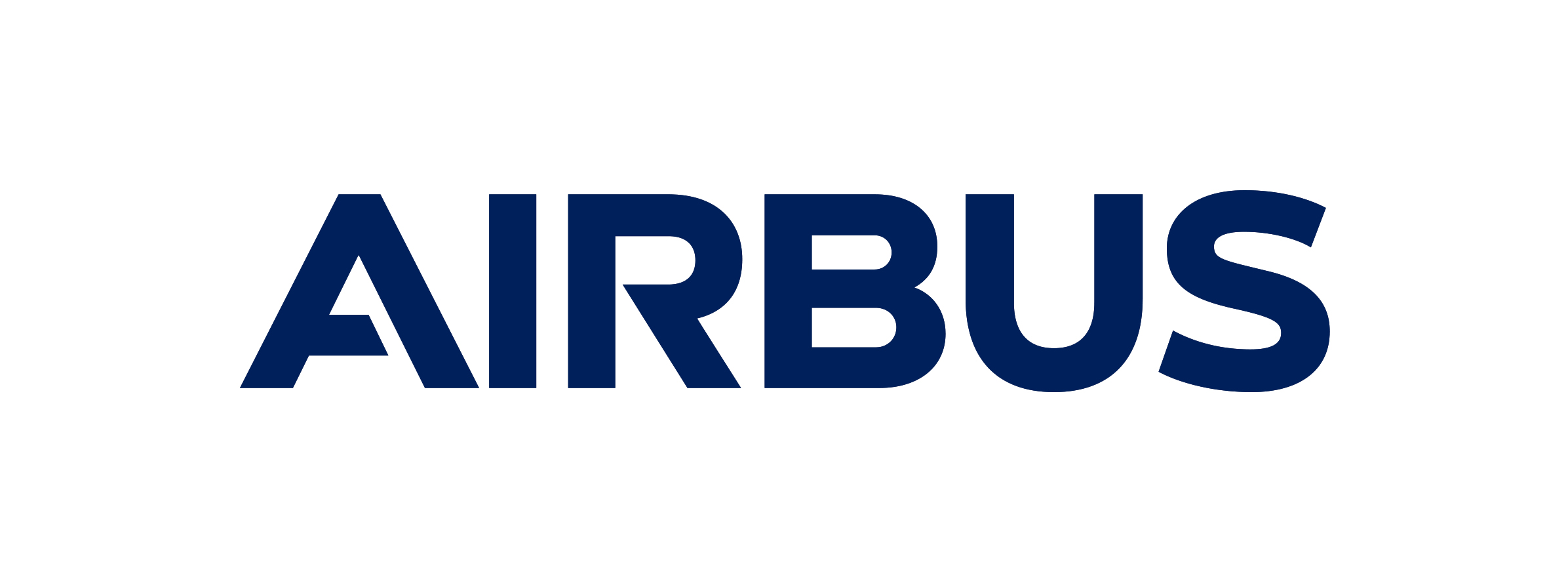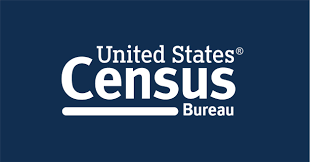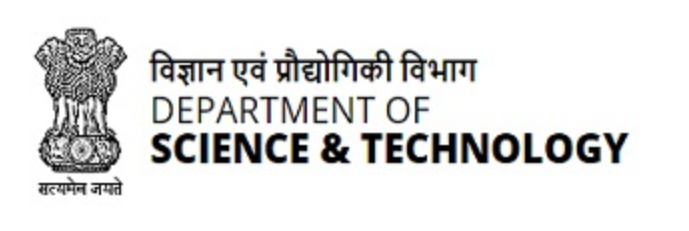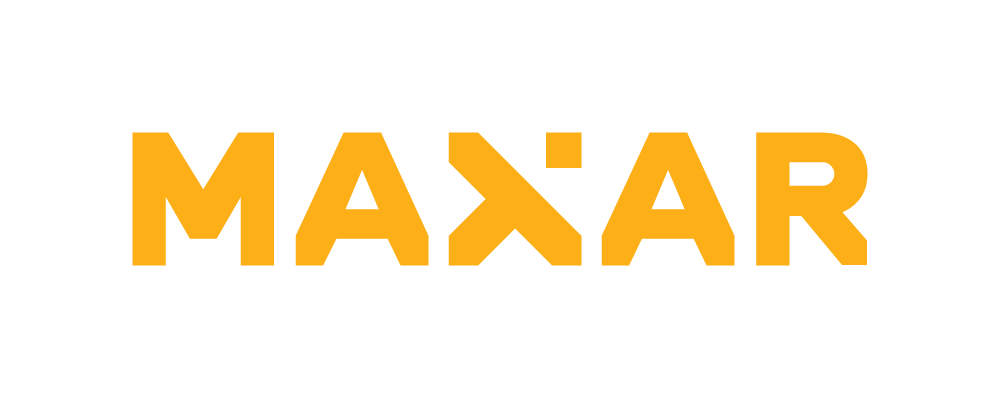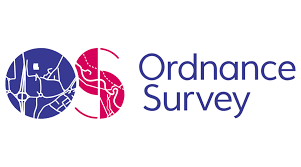In response to the European Digital Transformation Act, the existing European digital infrastructures are being enhanced and optimised to be harnessed for sustainable development. In particular, climate action can be underpinned by applications that provide scientific processing methods for enabling information generation from raw data to useful information.
This is a hybrid event. The in-person portion will take place at The European Centre for Medium-Range Weather Forecasts (ECMWF) in Bonn, Germany. Online participation will take place over Slack. Participation is free for everyone. OGC Members and non-Members alike are encouraged to attend.
See the agenda below. Options for nearby hotels can be found below the agenda.
Registration for in-person attendance closes September 15.
Enhancing Climate Resilience Application packagesThe EU H2020 CLINT Project, of which OGC was a partner, developed Climate Resilience Application Packages, as well as related applications around the birdhouse collection of OGC WPS focussing on Climate data processing services. Enhancement will be e.g. transition from OGC WPS to OGC API – Processes or options to include Common Workflow Language (CWL). Interoperability to Zoo-Project, the GEO-LDN toolbox and their applications on desertification and land slides risk projection could be explored.
Deployment into digital infrastructuresThe coding sprint will also focus on interoperability of the climate resilience application packages into the EU digital infrastructures like Climate Data Store of Copernicus Climate Change (C3S), Copernicus Land Monitoring (CLMS), Copernicus Emergency Management (CEMS) or WekEO, the European Open Science Cloud (EOSC), or individual Climate Service Information Systems. Interoperability to the UNCCD reporting portal PRAIS4 can be explored.
Enhancing Documentation and training materialStreamlining and fine tuning the existing material for easier access to open knowledge around the usage of the Climate Resilience Application Packages is going to be the third focus area to be enhanced and decided within the coding sprint. Beside online documentation, a good set of Jupyter Notebooks and DEMO portals as persistent demonstrators should be in place, ready to explore.
Agenda
Monday, Oct 7 – Information Day, Main room 3.B.230 (and online)
Infrastructure SessionMorning09:00-10:30Welcome and introduction Opening, introducing the agenda and predefined practical work itemsNils Hempelmann (OGC)EU Climate Services C3S, CAMS, CEMS, Earth KitCollaboration with Wekeo and C3S, CLMS, CEMS How to get available packages into Copernicus Services?Container deployment, earth-kitSpeaker from ECMWFDeployment into WekeoIntroduction and deployment options of the Wekeo PortalJoana Miguens(Eumetsat) UNCCD national reporting data requirementsPRAIS4 infrastructure. Documented Standard for the UNCCD national reporting cycle. SDG 15.3.1 geospatial reporting indicator on portion of degraded land GEO-LDN ToolboxBrian O’Connor(UNCCD) WMO Climate services information systemVisions of the Global Framework of Climate Service (GFCS) how an interoperable Climate Service should look like. Wilfran Moufouma Okia (WMO)EOEPCA+ ArchitectureIntroduction on the Common Architecture initiative and its latest phase called EOEPCA+, including latest architecture evolution.Claudio Iacopino (ESA) / Richard Conway (Telespazio)OGC – API ProcessesOGC API—Processes—Part 2: Deploy, Replace, Undeploy draft specification, with a specific focus on CWL and documentation on how to implement your own CWL and deploy it on your own Kubernetes infrastructure.Gérald Fenoy (GeoLabs)30 min Break Session: CLINT Application Packages11:00-12:30 CLINT – Climate Resilience application packages:Inpainting missing values; Droughts; Floods; Cyclones; Warm nights; Heat; etc. Concept of FAIR Climate Services.Introduction to the Climate Application Packages Collection ‘Birdhouse’, which is a collection of PyWPS based standalone software packages containing algorithms to assess climate data. Nils Hempelman, Carsten Ebrecht,Étienne Plésiat, and CLINT consortium12:30 to 13:30 Lunch BreakOGC Climate and Disaster Resilience Pilot – kick offAfternoon13:30-15:00Generative AI Opportunity to enhance Climate ServicesOGC CDRP24.2 participants 30 min Break 15:30-17:00Generative AI Opportunity to enhance Climate ServicesOGC CDRP24.2 participants 17:00 Open endedPractical Work(optional)Open Evening
Tuesday, October 8 – Workshops
09:00-09:15Welcome & Who will do what (hybrid)10:00-10:30 Main Room – 3.B.230 (30 places)OGC – API ProcessesBreakout Room A – 3.B.206 (10 Paces) CDS / WekEO DeploymentERA5 Data Breakout Room B – 3.B.329 (10 places)DocumentationTutorials Practical WorkPractical WorkPractical Work30 min Break 11:00-12:30 Mastering Earth Observation Application Packaging with CWL (Gérald Fenoy)This tutorial is designed for developers, scientists, and Earth observation enthusiasts who want to enhance their skills in creating and sharing EO Application Packages.Practical WorkPractical Work12:30 to 13:30 Lunch Break in canteen (self payed)13:30-15:00Practical WorkPractical WorkPractical Work30 min Break 15:30Open endedPractical WorkPractical WorkPractical Work(Hybrid)30 min Wrap up at around 17h / (Practical work can continued until 21h)Open Evening
Wednesday, October 9 – Demo and Wrap up
09:00-10:30 Welcome, & who is doing what (Hybride)Main Room – 3.B.230 (30 places)OGC – API ProcessesBreakout Room A – 3.B.206 (10 Paces) CDS / WekEO DeploymentERA5 DataBreakout Room B – 3.B.329 (10 places)DocumentationTutorialsPractical WorkPractical WorkPractical Work30 min Break 11:00-12:30 Practical WorkPractical WorkPractical Work12:30 to 13:30 Lunch Break in canteen (self payed)13:30-15:00Practical WorkPractical WorkPractical Work30 min Break 15:30-17:00(Hybride)Demos of practical- C3S/Wekeo deployment- UNCCD Prais- WMO CSIS- …Wrap up, steps forward Identified work items can be documented e.g. here: https://github.com/opengeospatial/developer-events/issues/92 Open Evening
Registration for in-person attendance closes September 15.
Hotel options
The following hotels in the center of Bonn are near the central railway station and walking distance from the main square. The ECMWF office can be reached by metro line 66 from the underground station, direction Ramersdorf. Exit at Robert-Schuman-Platz.
Hotels Bonn Motel One | cheap budget design hotel Bonn (motel-one.com)
IntercityHotel Bonn (online-reservations.com)
Hotel Kurfürstenhof Bonn (kurfuerstenhof-bonn.de)
For visitors wishing to stay walking distance from the ECMWF office, the closest hotels are:
Maritim Hotel Bonn (online-reservations.com)
Das Hotel Gustav Stresemann Institut (gsi-bonn.de). Please note that only meeting rooms have air conditioning, not bedrooms. Therefore, please consider this detail before booking bedrooms in summer.
A luxury half-way alternative is the Bonn Marriott Hotel, which is located nearby the UN Campus and at walking distance from the well-served metro stop Heussallee/Museumsmeile:
Bonn Marriott Hotel
Registration for in-person attendance closes September 15.










